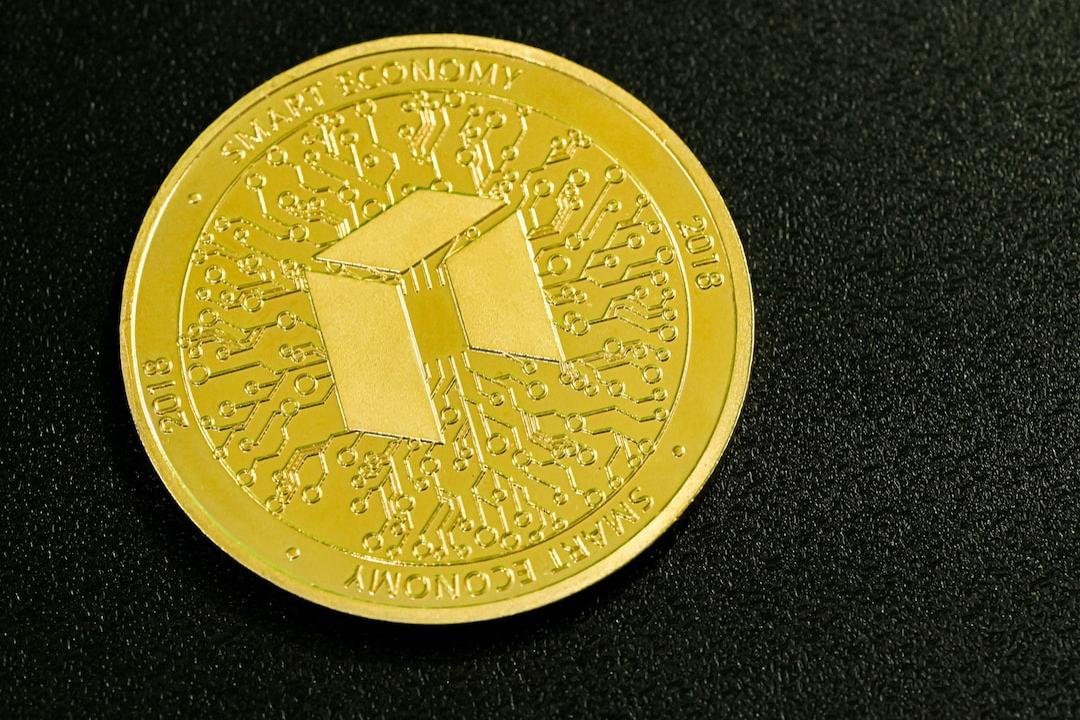The Bitcoin spot ETF in the United States officially began trading on the 11th. For Taiwanese investors who are interested in participating, how can they purchase it? This article provides a four-step tutorial.
Table of Contents
How to Invest in US Stocks / ETFs?
Step 1: Choose a Suitable Brokerage
Step 2: Register a Securities Account
Step 3: Transfer Funds
Step 4: Place an Order
Important Details to Note When Investing in US Stocks / ETFs:
How Can Taiwanese Investors Participate in Bitcoin Spot ETF?
The Bitcoin spot ETF in the United States officially opened for trading this week, with a trading volume exceeding $4.6 billion on the first day and over 700,000 transactions. All investors are closely watching whether the ETF can bring significant incremental funds to Bitcoin.
Interestingly, the community has recently started discussing how Taiwanese people can buy the Bitcoin spot ETF listed on US exchanges. The following steps provide a simple process:
Step 1: Choose a Suitable Brokerage
To start investing in US stocks, the first step is to choose a suitable brokerage. If you choose to open a securities account in Taiwan, major brokerages such as Cathay, Fubon, and Yuanta… provide relevant services, but the “complex agency trading” function needs to be activated. Another option is to directly open a personal account with overseas brokerages such as Firstrade, IB Interactive Brokers, or Jiaxin Securities. Common considerations for users include transaction fees and convenience. Complex agency trading usually has higher fees but eliminates the cost of remittance to foreign countries. On the other hand, fees for overseas brokerages are usually lower but need to consider the costs of fund transfers and bank telegraphic transfers when transferring funds overseas. Both options have their advantages and disadvantages, and readers can make a choice based on their personal investment needs and preferences.
Once the brokerage is selected, the next step is to register a securities account. This process requires providing valid identification documents and filling out some basic financial information. For overseas brokerages, this may also include providing tax-related information and completing additional international compliance documents.
Once the account is opened, the next step is to transfer funds to the account. For domestic brokerages, this is usually a simple local bank transfer process. However, for overseas brokerages, international remittance is required, so attention should be paid to bank telegraphic transfer fees.
After all the preparations are completed, you can start trading US stocks / ETFs on the selected brokerage platform.
Important Considerations:
Taxation: According to Taiwanese law, profits from overseas investments need to be reported for taxation.
Currency Conversion and Exchange Rate Risk: Investing in the US stock market usually requires converting funds into US dollars, which may involve exchange rate risks.
Market Research: Understanding the dynamics and regulations of the US market is important, including trends in different industries, market regulatory laws, etc. At the same time, understanding and managing investment risks is also crucial.
US Stock Trading Hours: The normal trading hours are in Eastern Time: 9:30 am to 4:00 pm. Usually, it is from 9:30 pm to 4:00 am Taiwan time.
Repatriating Funds After Selling: After selling, the funds are usually deposited into your US securities account. You can then initiate an international remittance from your US securities account to transfer the funds to your bank account in Taiwan.
It is worth noting that the Financial Supervisory Commission (FSC) has stated that although Taiwanese investors can open accounts with US brokerages to invest in the US Bitcoin spot ETF, the use of complex agency services through domestic brokerages is not currently allowed. The FSC is studying whether to allow it and is expected to make a final decision soon.
On the other hand, regarding the possibility of issuing Bitcoin ETFs in Taiwan, Huang Houming, Deputy Director of the Securities and Futures Bureau of the FSC, stated on the 11th that according to the Fund Management Regulations, Bitcoin does not fall under the category of approved “securities,” so fund companies are currently unable to issue ETFs tracking Bitcoin. As for whether domestic fund companies can issue funds tracking US Bitcoin ETFs, Huang Houming stated that single-link funds are currently not allowed. As for portfolio-type funds (Fund of funds), although there are no explicit regulations at present, they still need to be submitted for review.
Regarding whether to amend the Fund Management Regulations in the future to allow Bitcoin ETFs, Huang Houming pointed out that further research and collection of international data are needed for evaluation. Currently, only the United States and Hong Kong have approved the issuance of Bitcoin ETFs.
Huang Houming emphasized that whether it is domestic or foreign funds, if they want to be issued and sold in Taiwan, they must obtain approval or make a declaration from the FSC.


